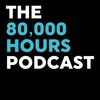

80,000 Hours Podcast
Rob, Luisa, and the 80000 Hours team
Unusually in-depth conversations about the world's most pressing problems and what you can do to solve them.
Subscribe by searching for '80000 Hours' wherever you get podcasts.
Hosted by Rob Wiblin and Luisa Rodriguez.
Subscribe by searching for '80000 Hours' wherever you get podcasts.
Hosted by Rob Wiblin and Luisa Rodriguez.
Episodes
Mentioned books
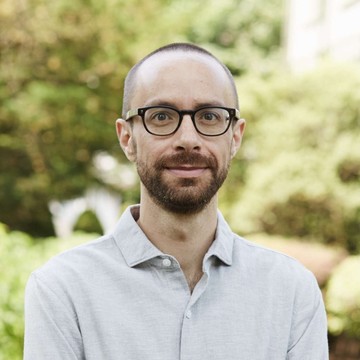
30 snips
Nov 22, 2023 • 2h 38min
#173 – Jeff Sebo on digital minds, and how to avoid sleepwalking into a major moral catastrophe
Join Jeff Sebo, a NYU professor and ethics expert, as he explores the profound implications of AI sentience and our moral responsibilities towards it. He discusses the potential for AI systems to possess rights and the ethical dilemmas surrounding their existence. The conversation dives into complex topics like the implications of AI copying itself and the balance of moral consideration between humans and nonhumans. Sebo urges listeners to reconsider societal norms as we advance towards a future where digital minds may play pivotal roles.
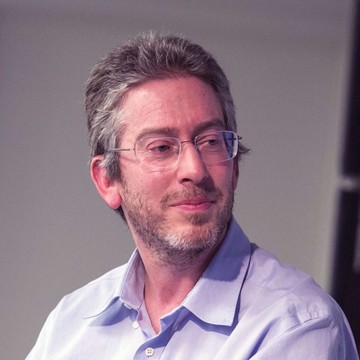
69 snips
Nov 17, 2023 • 2h 23min
#172 – Bryan Caplan on why you should stop reading the news
Bryan Caplan, Professor of Economics at George Mason University and author of "Stop Reading the News," challenges the norm of staying updated with current events. He argues that consuming news can lead to anxiety and a distorted worldview. Caplan explores how sensationalism overshadows meaningful reporting, promoting emotional distress instead of informed civic engagement. He advocates for more fulfilling activities over constant news consumption, suggesting alternative sources for a clearer understanding of the world.
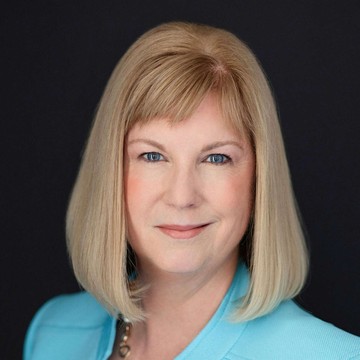
Nov 9, 2023 • 1h 46min
#171 – Alison Young on how top labs have jeopardised public health with repeated biosafety failures
In this engaging discussion, award-winning journalist Alison Young exposes the shocking frequency of lab leaks and their dire consequences. She dives into notorious incidents, including the CDC's safety failures and the infamous anthrax leak that affected labs worldwide. Young highlights historical lab accidents that resulted in pandemics and deaths, emphasizing the need for transparency and improved regulatory oversight in biosafety. Her insights reveal the critical importance of accountability to safeguard public health against future risks.
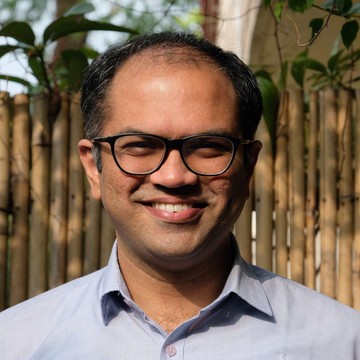
39 snips
Nov 1, 2023 • 2h 58min
#170 – Santosh Harish on how air pollution is responsible for ~12% of global deaths — and how to get that number down
Santosh Harish, leader of Open Philanthropy’s grantmaking in South Asian air quality, reveals shocking truths about air pollution, responsible for ~12% of global deaths. He discusses the devastating health impacts of PM 2.5, with particular focus on municipal waste burning in developing cities. The conversation touches on ineffective waste management practices, the importance of improved public policies, and innovative solutions to combat air pollution. Harish also considers the role of the judiciary and highlights the urgent need for collaboration to create cleaner air.
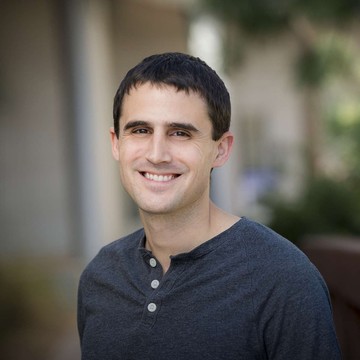
17 snips
Oct 26, 2023 • 1h 48min
#169 – Paul Niehaus on whether cash transfers cause economic growth, and keeping theft to acceptable levels
Paul Niehaus, co-founder of GiveDirectly and economist at UC San Diego, explores the transformative power of cash transfers for the poor. He discusses compelling evidence showing that direct cash aid can boost economic growth more effectively than traditional aid. Insights into recipients’ preferences for payment formats, the challenges of fraud, and the potential of Universal Basic Income (UBI) studies are highlighted. Niehaus also elaborates on how cash transfers impact decision-making and risk-taking, reshaping our understanding of poverty alleviation.
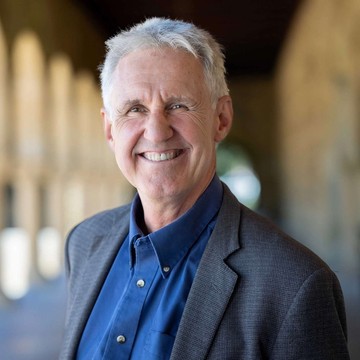
37 snips
Oct 23, 2023 • 2h 44min
#168 – Ian Morris on whether deep history says we're heading for an intelligence explosion
Ian Morris, a historian and classicist at Stanford University, dives into the fascinating interplay between historical trends and future possibilities. He argues that while innovation may seem to slow, we are on the brink of an evolutionary leap in technology. The conversation touches on why we shouldn't view technology strictly through an evolutionary lens, the potential resurgence of violence with advanced AI, and the complexities of human development that challenge our perceptions of progress. Morris also discusses the potential futures humanity faces, from intelligence explosions to existential threats.

8 snips
Oct 18, 2023 • 1h 55min
#167 – Seren Kell on the research gaps holding back alternative proteins from mass adoption
In this discussion, Seren Kell, Senior Science and Technology Manager at the Good Food Institute Europe, dives into the world of alternative proteins. She highlights how current animal agriculture is inefficient, producing only 18% of food calories while occupying 83% of farmland. Seren explains the promising role of fermentation in creating delicious alternatives and addresses key challenges in making cultivated meat accessible and affordable. The conversation also touches on innovative funding strategies and the crucial need for research in advancing sustainable protein solutions.
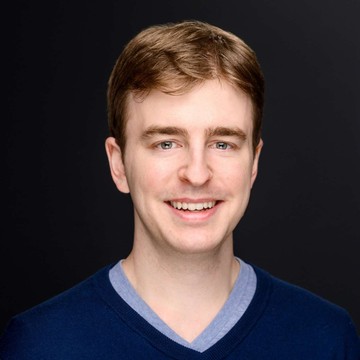
37 snips
Oct 12, 2023 • 3h 9min
#166 – Tantum Collins on what he’s learned as an AI policy insider at the White House, DeepMind and elsewhere
This conversation features Tantum Collins, an AI policy insider with experience at the White House and DeepMind. He discusses the intricate relationship between AI and governance, exploring how new technologies can both enhance government and pose risks in autocratic regimes. Collins emphasizes the need for thoughtful decision-making regarding societal implications of AI, the competitive landscape between the US and China in AI development, and the importance of cross-disciplinary collaboration to address the profound ethical questions the technology raises.
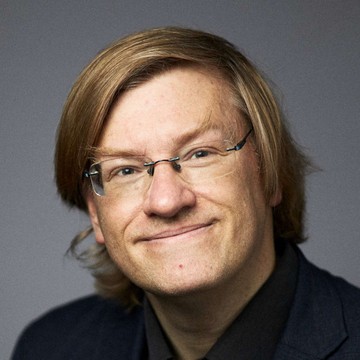
7 snips
Oct 6, 2023 • 2h 49min
#165 – Anders Sandberg on war in space, whether civilisations age, and the best things possible in our universe
Anders Sandberg, a senior research fellow at Oxford's Future of Humanity Institute, dives into deep futuristic concepts. He discusses the potential of space warfare and how distance might provide a defensive advantage in galactic conflicts. The conversation touches on the viability of life beyond Earth—comparing machines and biology—and the fate of civilizations, pondering their resilience and potential for decay. Additionally, Anders explores the ethical frameworks for maximizing value in advanced civilizations and the universe's ultimate fate, driven by entropy.

75 snips
Oct 2, 2023 • 3h 4min
#164 – Kevin Esvelt on cults that want to kill everyone, stealth vs wildfire pandemics, and how he felt inventing gene drives
In this conversation, Kevin Esvelt, a biologist at MIT Media Lab and inventor of CRISPR-based gene drive, explores alarming bioweapon threats and the nuances of engineered pandemics. He stresses the risks posed by stealth viruses that go unnoticed until it's too late. The potential benefits and ethical dilemmas of using gene drives for disease control are also highlighted. Esvelt discusses technological solutions like UVC light for infection prevention and the vital need for robust biosecurity as we advance in synthetic biology.


